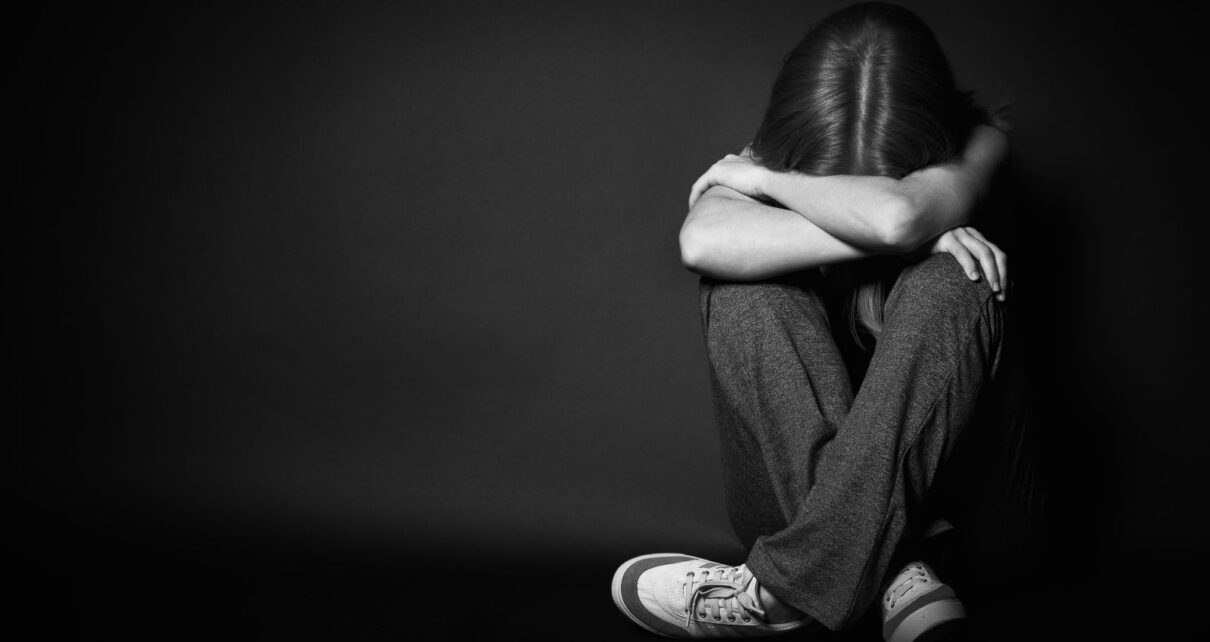A survey conducted by a Boston University researcher of nearly 33,000 college students across the USA revealed that the prevalence of depression and anxiety in young people continues to increase, now reaching its highest levels.
The study stated that rising depressionand anxiety levels are a sign of the mounting stress factors due to the coronavirus pandemic, political unrest, and systemic racism and inequality.
“Half of the students in fall 2020 screened positive for depression and/or anxiety,” says Sarah Ketchen Lipson, a Boston University mental health researcher and a co-principal investigator of the nationwide survey which was administered online during the fall 2020 semester through the Healthy Minds Network.
The survey further reveals that 83% of students said their mental health had negatively impacted their academic performance within the past month, and that two-thirds of college students are struggling with loneliness and feeling isolated–an all-time high prevalence that reflects the toll of the pandemic and the social distancing necessary to control it.
Lipson, a BU School of Public Health assistant professor of health law, policy, and management, says the survey’s findings underscore the need for university teaching staff and faculty to put mechanisms in place that can accommodate students’ mental health needs.
“Faculty need to be flexible with deadlines and remind students that their talent is not solely demonstrated by their ability to get a top grade during one challenging semester,” Lipson says.
She adds that instructors can protect students’ mental health by having class assignments due at 5 pm, rather than midnight or 9 am. Lipson says that this way, students can to go to bed earlier and catch on valuable sleep to meet those deadlines.
Especially in smaller classroom settings, where a student’s absence may be more noticeable than in larger lectures, instructors who notice someone missing classes should reach out to that student directly to ask how they are doing.
“Even in larger classes, where 1:1 outreach is more difficult, instructors can send class-wide emails reinforcing the idea that they care about their students not just as learners but as people, and circulating information about campus resources for mental health and wellness,” Lipson says.
And, crucially, she says, instructors must bear in mind that the burden of mental health is not the same across all student demographics. “Students of colour and low-income students are more likely to be grieving the loss of a loved one due to COVID. They are also more likely to be facing financial stress. All of these factors can negatively impact mental health and academic performance in profound ways,” she says.
At a higher level within colleges and universities, Lipson says, administrators should focus on providing students with mental health services that emphasise prevention, coping, and resilience.
“Often students will only seek help when they find themselves in a mental health crisis, requiring more urgent resources,” Lipson says. “But how can we create systems to foster wellness before they reach that point?”
She suggests, “All students should receive mental health education, ideally as part of the required curriculum.”
It’s also important to note, she says, that rising mental health challenges are not unique to the college setting–instead, the survey findings are consistent with a broader trend of declining mental health in adolescents and young adults. “I think mental health is getting worse [across all population], and on top of that we are now gathering more data on these trends than ever before,” Lipson says.
One potential bright spot from the survey was that the stigma around mental health continues to fade. The results reveal that 94% students say that they wouldn’t judge someone for seeking out help for mental health, which Lipson says is an indicator that also correlates with those students being likely to seek out help themselves during a personal crisis (although, paradoxically, almost half of the students say they perceive that others may think more poorly of them if they did seek help).




